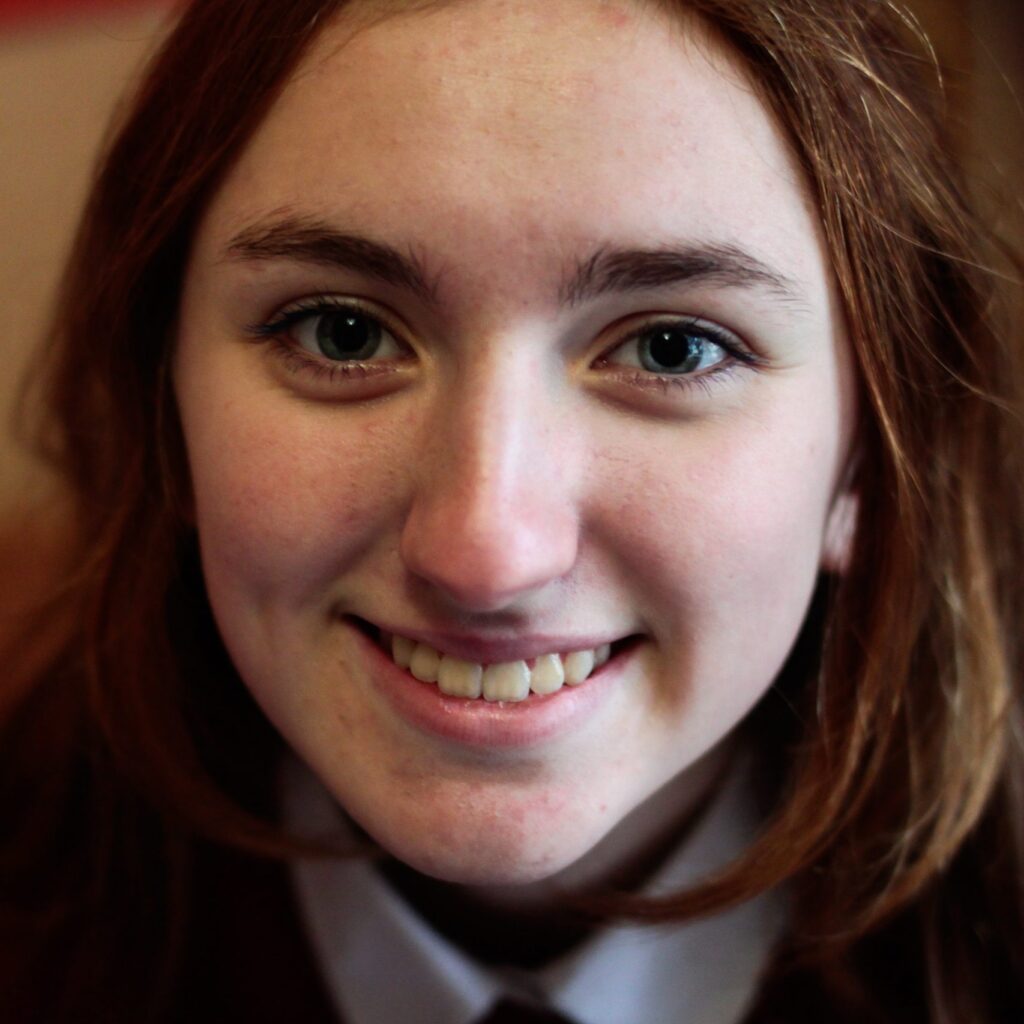Key facts
- Transition in epilepsy care is the process of preparing and planning to move from children’s (paediatric) to adult health services
- Your child will make their own decisions about their medical care when they move to adult services
- There is no fixed age for transition to start
- Transition should be a planned, gradual process
- Most children will have transferred from children’s (paediatric) to adult services usually by the age of 18
- If a child is diagnosed close to the age of 18 they might be seen by adult services straightaway
- The Ready Steady Go transition programme is a programme that supports young people and their parents with transition. This is not widely available and only used by some NHS Trusts
What does transition in epilepsy care mean?
Transition in epilepsy care involves moving a young person with epilepsy from child-focused (paediatric) care to adult neurology or epilepsy services.
Transition should be a planned, gradual process. The aim is to:
- Prepare you and your child
- Hand over responsibility for your child’s care from you to them
- Ensure continuity of epilepsy care and support
Health and social care service managers in children’s and adults’ services should work together to ensure a smooth and gradual transition for your child.
Transition in Northern Ireland
There is no commissioned transition service in Northern Ireland at the moment. Epilepsy Action has worked with The Department of Health to make sure has been added as a key recommendation in the Regional Review of Neurology Services. Speak to your paediatric epilepsy specialist nurse for advice on moving to adult services in Northern Ireland.
What is the difference between child (paediatric) and adult health services?
Children’s health services often deal with several issues a child may have, not just epilepsy. But in adult services, the epilepsy clinic will usually only deal with epilepsy. Anyone with epilepsy will be referred to other specialists for any other medical issues.
Your child will make their own decisions about any health issues in adult care. You can still go to your child’s appointments if they want you to.
Preparing for the transition from children’s to adult health services
Transition may not happen until your child is 16 to 18 years old. But your healthcare teams should start planning earlier. Usually, this is around the age of 13 or 14.
The transition process is slightly different for children with complex health and social care needs. This may include children with a learning disability or drug-resistant epilepsy. The process should start early and may last longer.
Transition should be tailored to suit your child’s needs.
Your healthcare professionals should involve you and your child in the transition process.
These conversations should cover things like:
- Information about adult services
- Managing your own epilepsy medicine routine, including organising repeat prescriptions
- Other health issues, such as low mood or poor memory
- Living independently
- Social issues, including driving and sports
- Continuing in education or work
- Contraception and pregnancy
- Sleep problems
- Safety and risk, including sudden unexpected death in epilepsy (SUDEP)
- The risks associated with alcohol and illegal or recreational drugs
Any information about your child’s management plan should be shared with your child in an accessible way. This means that the plan meets their needs and uses language they understand.
Ready Steady Go
Ready Steady Go is a programme to help you gain the knowledge and skills to manage your condition. It’s designed to help people with the transition process and learn what they can about managing their long-term health condition. It is for young people with any long-term condition that are moving into adult care.
If your hospital doesn’t use the Ready Steady Go programme, it’s still possible to use the resources that are part of it for free. Looking at the questionnaires might help you and your child with any questions you have about the transition process.
Top tips: how to help your child prepare for transition
- Talk to your epilepsy doctor or nurse if your child is 16 years old and no one has spoken to you about transition yet
- If your child does not have an epilepsy specialist nurse, check if one is available in your area. Your GP can help you
- Try giving your child some time alone at appointments with their healthcare professional
- Suggest that they make a list of questions they have before their appointments
- Encourage your child to keep a seizure diary. They could use an app or make a note on their phone calendar
More support and information
Epilepsy Action have worked with Young Epilepsy to create 9 booklets designed to help parents get ready for the transition to adult epilepsy care.
You can use this booklet to help you and your child talk about the transition process with your healthcare professional. This will help you and your child make sure you understand the process and make informed decisions about your care.
-
Sources
NICE (2016) Transition from children’s to adults’ services for young people using health or social services Available at: https://www.nice.org.uk/guidance/ng43 (Accessed: 18 July 2024)
NICE (2022) Epilepsies in children, young people and adults: Information and support Available at: https://www.nice.org.uk/guidance/ng217/chapter/2-Information-and-support (Accessed: 18 July 2024).
Got more questions?
Our expert advisors can help you with any questions you might have about drug-resistant epilepsy or anything else related to living with epilepsy.





